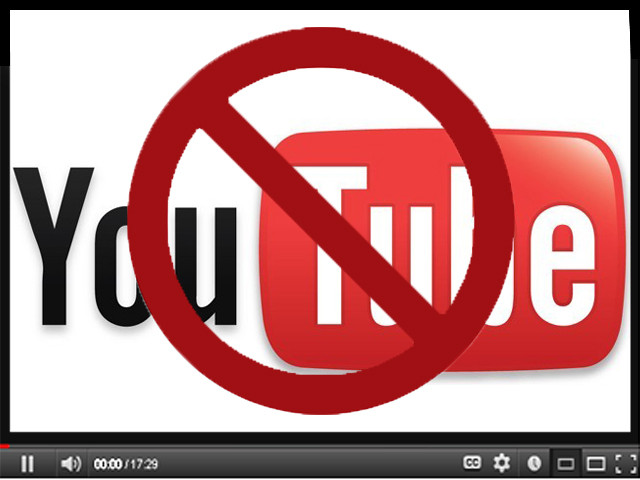Islamabad:
YouTube, owned by Alphabet, has said that I was considering blocking the channels of dozen of Vloggers Pakistani after a court in Islamabad sought to prohibit them for being “anti-state”, after a complaint filed by the National Crime Crime Investigation Agency Crime (Nccia).
The order of the court of judicial magistrates occurred after the NCCIA criticized more than two dozen channels in a June 2 report for “sharing highly intimidating, provocative and derogatory content against state institutions and officials of the State of Pakistan.”
YouTube told 27 content creators that their channels could be removed if they did not comply with judicial orders. “If you do not, according to our local legal obligations, we can comply with the application without more attention,” said the popular video exchange platform in the emails to the channel owners.
Digital rights activists have said that any prohibition would further undermine freedom of expression in Pakistan, where authorities are accused of querying newspapers and television, and social networks are considered one of the few means of dissent.
In its separate statements, the Association of Lawyers of the Supreme Court (SCBA) and the Human Rights Commission of Pakistan (HRCP) expressed a deep concern for the court order, saying that the decision was against the fundamental rights of fair trial and freedom of expression.
The order of the judicial magistrate is also against the values and journalistic principles of justice, said the president of SCBA, Mian Muhammad Rauf Atta, in a statement. “You cannot make a decision against anyone without giving them the opportunity to be heard. This is another example of suppressing the voice of the opponents.”
In a separate statement, the HRCP said that closing entire channels was an excessive and inappropriate measure. “If specific videos contain a hate or illegal content speech, measures must be taken against those individual pieces of content, not the entire channel,” he said.
The commission emphasized that the constitutional right to freedom of expression must be protected. “This right is essential not only for individual freedom but also to guarantee the responsibility of the government and public access to various points of view,” he added.
However, the Minister of State for the Interior Talal Chaudhry said that these content creators would also face criminal charges. “You can’t use these cell phones and social networks to create chaos,” he told a local news channel. “There are laws to regulate and they will have to work under these laws,” he said.
One of the creators, Asad Toor, said the measure was aimed at undermining the fundamental and constitutional rights of people, political parties and other dissident groups. “I have dedicated my platform for these helpless that do not take place to go and raise their voices against state oppression,” he said.
Digital rights activist Usama Khilji said the court did not meet due process. “What is discordant is the total lack of legal processes,” he said. “At present you cannot suppress digital media,” said Zulfikar Bukhari from the opposition Pakistan Tehreek-E-Insaf.




